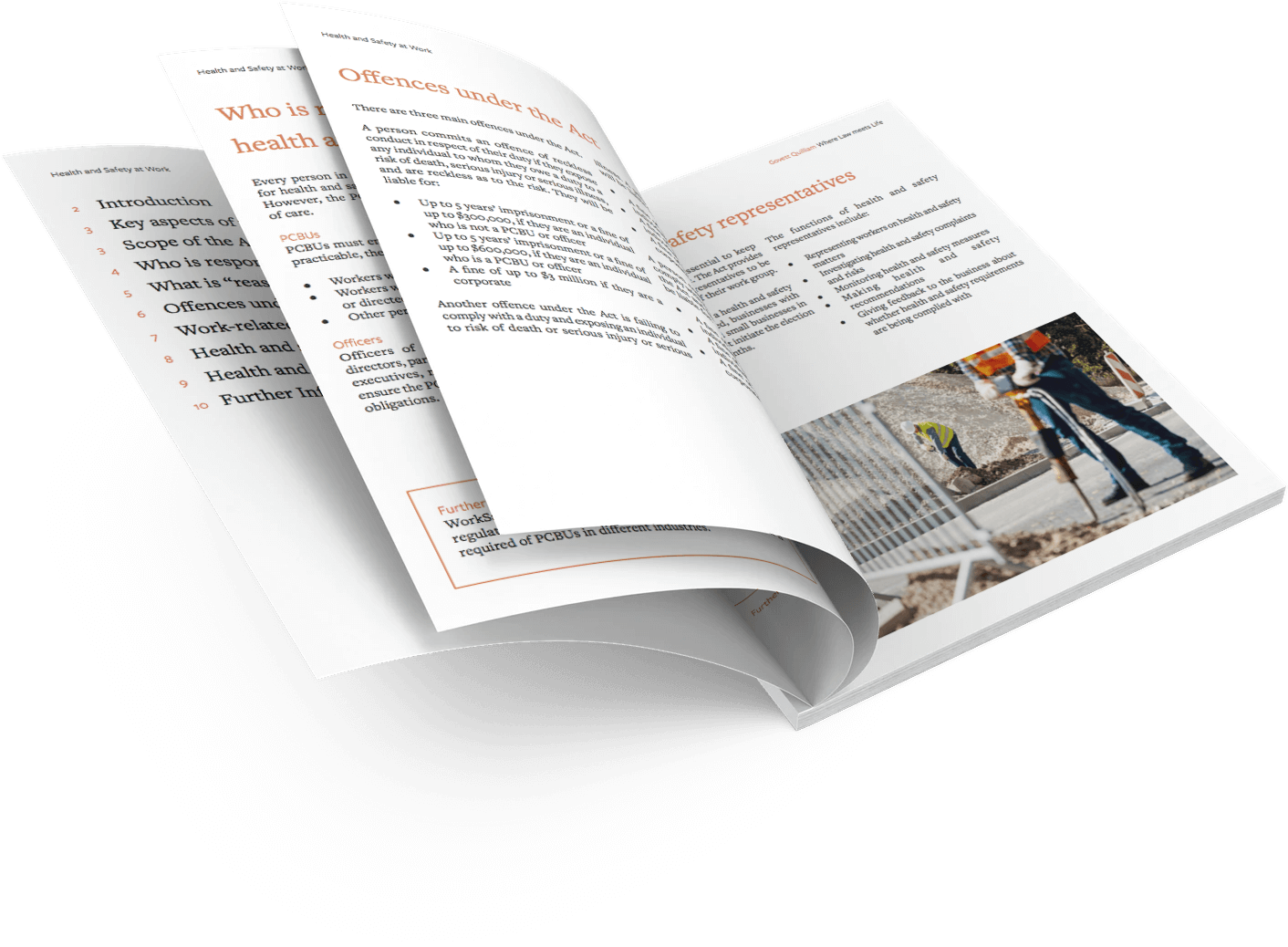The Government has announced several supports aimed at helping businesses survive the economic impacts of COVID-19. One such support is Business Debt Hibernation (BDH), which would allow businesses impacted by COVID-19 to hibernate existing debts until they can get back on their feet.
Who will be eligible
All businesses, apart from sole traders, insurers, banks and non-bank deposit takers will be eligible for BDH.
Why Business Debt Hibernation
The scheme has several aims, the primary aim being to help prevent businesses impacted by COVID-19 from facing insolvency.
The scheme also has several secondary aims, which we think will have a positive impact on the business community beyond Covid-19 – these include:
- Encouraging directors and creditors to proactively engage with each other;
- Enabling directors to retain control of their companies, rather than passing them to the control of third-party insolvency practitioners;
- Providing certainty to creditors that any payments received will not be ‘clawed back’, encouraging businesses to continue transacting with each other, notwithstanding that one party may have entered BDH;
- To be a simple, flexible and cost-effective process.
Key Features - What We Know So Far
We expect the Government to announce the finer details of the BDH scheme shortly – but here is what we know so far:
- The scheme will apply to existing business debts;
- There will be a minimum threshold before directors can access BDH. It is not yet clear what the threshold will be, however we expect a requirement that the business would have been able to pay its debts, but for COVD-19;
- Once a business meets the threshold for BDH, a minimum of 50% of creditors in both number and value will need to agree to the BDH before it can be put into place;
- Once a BDH proposal is notified to creditors, the business will get an immediate one-month moratorium where creditors cannot enforce their debts against the business while votes on the BDH proposal are cast.
Effect of Entering BDH
The effect of successfully passing a BDH proposal is a further six-month moratorium period where the business can continue trading as normal, without fear of existing debts being enforced against it. The proposal becomes binding on all existing business creditors, apart from employees.
What is unclear at this point is how guarantors’ liability for business debts will be affected by the BDH process and six-month moratorium period. We expect there will be a moratorium on enforcing guaranteed debts against related parties, as occurs in Voluntary Administration – watch this space for further updates on guarantees once more information comes to hand.
There will also be an additional benefit for creditors - any payments and transactions within the six months the business is in BDH will be exempt from the voidable transactions regime (assuming they are made in good faith, on arm’s length terms and without the intent to deprive the existing creditors of the business). This exemption will not, however, apply to parties related to the business.
If a business does not enter Business Debt Hibernation, creditors are free to enforce their debts in the normal course, including liquidation and debt recovery processes.
If your business is struggling with the impacts of COVID-19, we encourage you to ask for help and engage professional support early. We have teamed up with Venture Taranaki to provide a joint SME grant to assist businesses. Find more about this here.
To read the full Government press release, please click here.
For more information on COVID-19 and its impact on your organisation, please contact our Civil Litigation and Commercial Specialists (Troy Wano, Lauren Wallace, Rebecca Eaton and Nic Croft) on 06 768 3710.







.png)

